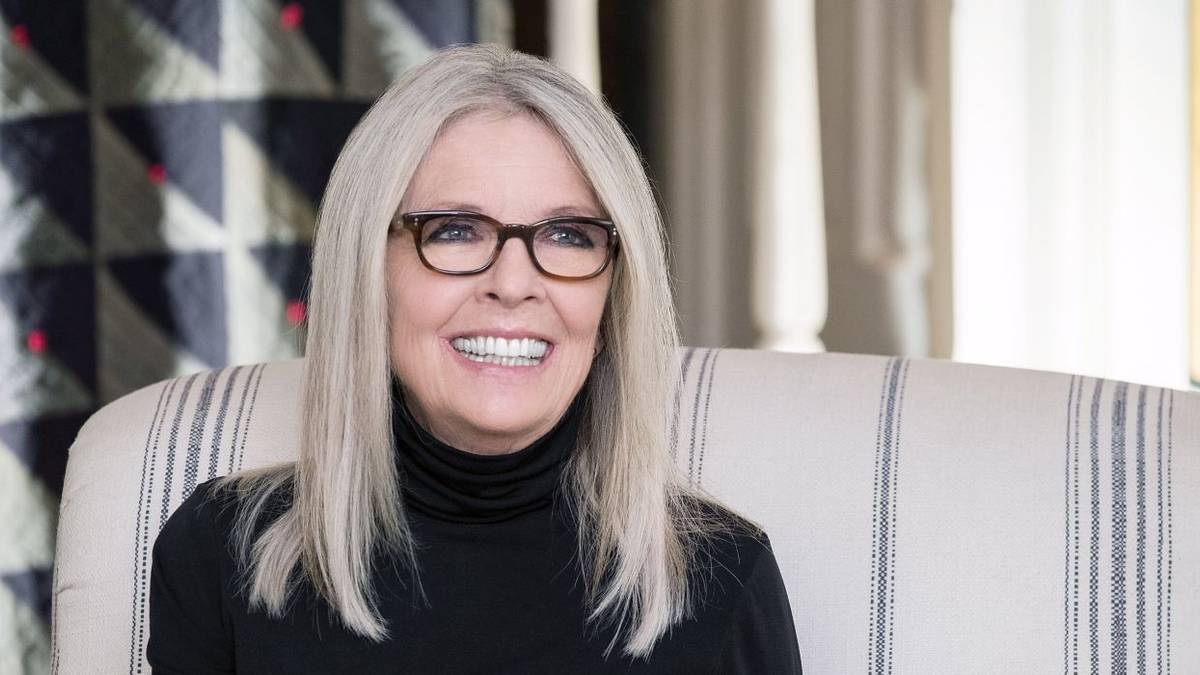Multichoice's DSTV/GoTV Sparks Outcry with Imminent 2024 Price Hike

MultiChoice, the parent company of DStv, has announced that it is preparing to implement further price increases across all its African subsidiaries in 2024. Tim Jacobs, the Chief Financial Officer of MultiChoice, described these anticipated increases as "inflationary" during an interview with Daily Investor, emphasizing their necessity due to mounting financial challenges and the company's efforts to maintain a healthy balance sheet. According to Jacobs, these inflation-level adjustments are crucial for ensuring sustainable growth and the continuous delivery of high-quality content to subscribers.
Jacobs highlighted that for many years, particularly in South Africa, MultiChoice has priced its products at rates less than half of inflation, carefully considering consumer affordability. However, the current financial landscape necessitates a shift, with the company now looking at inflationary price increases for both the South African market and the wider African continent.
The company is under increased pressure to boost its revenue following its latest financial results for the six months ending September 30, 2023. These results revealed a significant financial downturn, including a 1 percent drop in overall revenue to $1.53 billion (R28.33 billion). The South African subsidiary experienced an even steeper decline, with its revenue falling by 3 percent.
Furthermore, MultiChoice reported a substantial loss of $49.2 million (R911 million) for the period, a stark contrast to the profit of $3 million (R55 million) recorded during the same period last year. This considerable loss occurred despite a 4.3 percent hike in subscription rates for DStv packages that had been implemented earlier in the year across South Africa and other African markets, including Nigeria.
While some markets appear to be responding to the previous increases, the South African subsidiary continues to struggle, contributing significantly to the overall revenue decline. CFO Tim Jacobs attributes the poor performance in South Africa largely to load-shedding, which has put immense pressure on revenue numbers. He explained that the company has reached a point where it must be more disciplined in recovering some of its operational costs.
Jacobs also affirmed MultiChoice's commitment to delivering excellent content, recognizing that it is the primary reason customers subscribe to their products. However, he stressed that adequate financial returns are essential for the business to continue operating and providing value to its investors. He stated that the company is striving to balance operational efficiency with the need to achieve strong financial results.
Nigeria, MultiChoice's largest market, has already experienced multiple DStv price hikes in 2023. Arguably the most impactful was the December increase, which saw a 20 percent rise across all DStv products. This particular hike was announced just days after the company reported a $72 million loss in its third-quarter financial statement and followed another price adjustment just six months prior.
Specific package increases in Nigeria include the DStv Premium package rising by 20.4 percent (from N24,500 to N29,500), DStv Compact Plus by 19.2 percent (from N16,600 to N19,800), DStv Compact by 19 percent (up to N12,500 from N10,500), and the DStv Comfam package by 19.2 percent (from N6,200 to N7,400).
MultiChoice's financial reports indicate that its losses, particularly the $72 million loss in Nigeria, are largely due to the severe consequences of the continued devaluation of the naira, along with other challenges such as taxation and logistics. An internal company source explained that content is acquired in dollars while revenue is earned in naira, creating a significant currency mismatch. The company also faces high operational costs, including diesel, taxes, licensing fees, and staff salaries. As the anticipated "inflationary hike" rolls out across Africa in 2024, the market responses, especially in key regions like Nigeria, will be closely observed.
You may also like...
Maguire Snubs Saudi Riches, Poised for Major Man Utd Role & New Deal

Harry Maguire is reportedly prepared to turn down a staggering £500,000-a-week deal from Saudi Arabian clubs in favor of...
Taylor Swift Endorses Thriller Series, Amasses 25 Million Viewers and Dominates Streaming

Taylor Swift has revealed her love for "The Girlfriend," a gripping Prime Video series that explores the toxic dynamic b...
Hollywood Mourns Legend: Oscar Winner Diane Keaton Dies at 79, Tributes Flood In

Hollywood is mourning the loss of Oscar-winning actress Diane Keaton, who has passed away at 79. Renowned for iconic rol...
Hollywood Icon Diane Keaton Dead at 79: A Storied Career and Private Struggles Remembered

Hollywood icon Diane Keaton has passed away at 79, leaving behind a celebrated career in films like 'The Godfather' and ...
Nigerian Entertainment Under Siege: Regulators Unite to SMASH Digital Piracy!

The National Film and Video Censors Board (NFVCB) and the Nigerian Copyright Commission (NCC) are strengthening their co...
Unlock Youthful Skin: Expert Reveals 4 Winter Skincare Mistakes Silently Ageing You

A skincare expert reveals common winter mistakes that accelerate skin aging and enhance wrinkles. From skipping SPF and ...
Côte d'Ivoire Presidential Race Ignites Amid Escalating Tensions

Cote d'Ivoire's presidential election campaign has officially begun, with five candidates vying for votes ahead of the O...
Multichoice's DSTV/GoTV Sparks Outcry with Imminent 2024 Price Hike

MultiChoice, DStv's parent company, is planning further "inflationary" price hikes across its African subsidiaries in 20...




